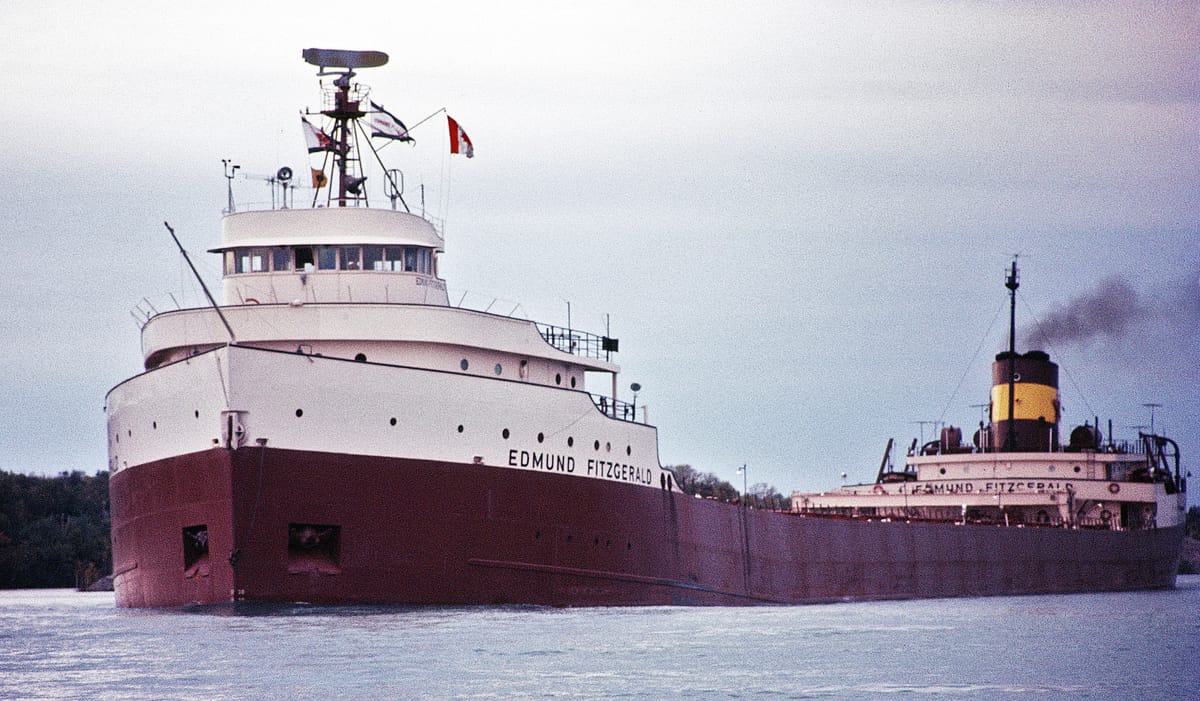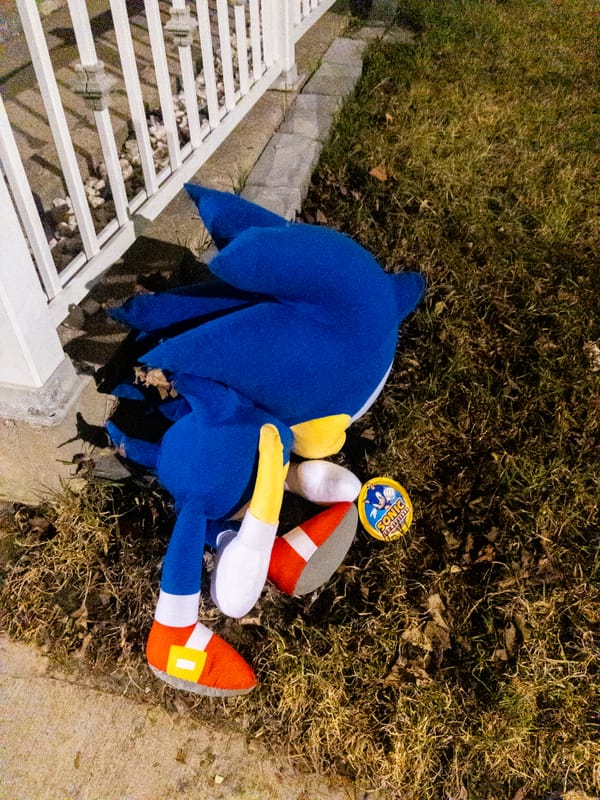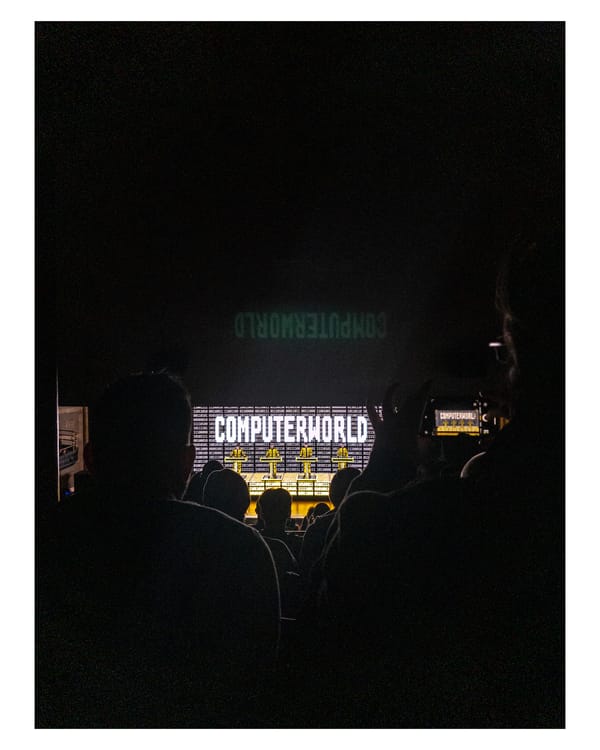Does anyone know where the love of God goes when the waves turn the minutes to hours

I don’t really know how to do this, any of this, most of the time. Some days I will sit at this desk in the corner of our apartment above a butcher shop and near a pizza place that does not betray my location in a city full of butcher shops and pizza places. I can sit at this desk with coffee and water and a third beverage for the rare occasion when the first two don’t quite take and I can write an essay from start to finish without even wondering what time might be hiding, or how everything outside of the bubble of writing might be different than how it was when I entered this moment.
Some days, writing comes easily to me. and others, days like this morning, I sit and stare at the wall, through the wall and into other walls behind it and beyond, and worry that I have written all that I can and then it will be done and over and I will be finished. And when that happens, I don’t know what I will do next.
The only trade I have I learned from my father. The only trade he knows he learned from his own as well, my grandfather who was a pilot for the RAF and then after the war, alongside my grandmother and my father and their small family, immigrated to Canada from Cardiff and moved into an old firehouse that was converted into a glass shop that they all lived above. I’m a third-generation glazier, a rare thing for a field that does not attract longevity or interest. The work is both physically demanding and dangerous and is often the kind of thing people tell you to get into if you are not afraid to die.
My father has always been a bit of a mystery to me, despite him carefully teaching me many of my only skills. He is a quiet and reserved man, who tells you little about himself and only then when he chooses. He is decidedly private, like a window with the shades strategically drawn. You never know what’s happening behind it all, even when you know it is likely something innocuous and tame. But the mind loves to wander all the same.
I knew little of my father but I know he loves Gordon Lightfoot.
The Canadian folk legend who writes songs of trains and lovers and boats that have sunk and loves that have as well. The great folk singer of Canada, lauded by his peers and generally considered to be one of the greats of a genre that is filled to the brim with mighty titans. Gordon Lightfoot, like many of my favorites, sings pensive and tender ballads to the small corners of a world that is often far too big to consider. The way that a song can create memories, conjure photographs you worry were lost of back patios and summer evenings with the sun dangling gently in the air longer than you ever thought it could.
In his music, I can see a path worn and broken that I have known and walked myself and that others who came before me in my life have as well. A familiar road of struggle and recovery and lamenting the lost beauty and remaining wonder of our lives.
Lightfoot struggled with alcoholism for a great many years, the way many fathers and many men who tell stories of the quiet corners of a busy world do. But it is not there in his songs, there is not a deep sadness in his words but rather these are songs that draw a mournful longing, a tender farewell, or a history lesson on the intricacies of the Canadian railway system. There are stories in here, deep and rich and alive and there is truth and there is fiction both but it rarely matters. All that does is that we are feeling something, that we are washed away in the ocean of Lightfoot’s voice that is booming and soft all at once and there is no one like him in this world. You can always hear his voice in the wind when his name is given, a name that delivers a sound to your mind without ever uttering a word. Even when he is not there his spirit lingers and haunts you.
My dad worked long hours when I was a kid, early mornings that began before I rose to go off to school and nights that often only took brief respites when he came home for a quick dinner before he had to go back to work once more, back to manage the glass shop I would eventually work with him. But our house was full of my father all the same, his stereo and his pour-over coffee maker, and the smell of his work socks that lingered from their open grave of the laundry bin in our unfinished basement.
My father, sitting there at the table, always smelt of work. Sweat and dirt and wool all swirled together into a singular aroma that if you can turn into a candle you could sell for a small fortune. The musk of labor that would never cling to you without sustained effort. The stereo in the corner of our living room, housed in a tall glass case he had made himself late at night at the glass shop out of old refurbished window moldings and bronze-tinted glass. All wired into speakers he had built himself out of a kit years ago in some distant past that didn’t include me at all yet. The few nights he was home and I was awake to witness it all I knew was that he loved to lie on the floor, back resting gently on the orange medium-shag carpet and his head resting on an oversized pillow, where he could relax and listen to music endlessly with his headphones on, the high-end sneaking out around the worn earmuffs and a book open and asleep on his chest as he was too.
This is how I knew my dad liked Lightfoot, hearing Gord’s voice sneak out from around the headphones and into the air. The deep tenor of his voice stronger than any sound could baffle, the lilting notes of cacophonous strings building the chorus of “Carefree Highway” as Lightfoot’s voice moves into the air along with it.
My dad loved music the way you love a thing that is simply yours. He never talked at length with me about his favorite singers or the songs that moved him. That was my mother, making muffins in her busy kitchen telling me all about Dwight Yoakam and each member of the Travelling Wilburys or the time she and my dad saw Stevie Wonder as the surprise opener for the Rolling Stones at a club in Vancouver. My dad’s stories about music were in the songs he chose, the tapes he made for the rare moments we had visitors in our homes and the nights he fell asleep with Lightfoot songs playing tenderly over his exhausted slumber.
that living room looks the same in my memory when I listen to Gordon Lightfoot, despite the many renovations it has lived through over the decades and that stereo being long gone as well. Destroyed by an errant cousin who took the copper wire from the back of the amplifier that would normally travel careful and grand distances to those speakers lovingly built by hand and put them directly into a wall socket, frying everything in swift and efficient destruction.
Late at night now in my home far away from where I grew up, I can easily be transported back with Gord’s golden voice. Perhaps it is my insomniac heart that loves to fall down Wikipedia holes when my brain won’t turn off that loves to read about old ships that has put “Wreck Of The Edmund Fitzgerald” on many playlists in recent years. A funeral dirge of preposterous beauty lamenting the loss of sailors on a ship that has sunk to the depths of Lake Superior.
It is a song that is both comically Canadian and wonderfully devastating. I think we can see Titanic as a ship of great tragedy because of the weight of its luxury, but the Edmund Fitzgerald was a ship of working-class people and when a tragedy strikes those with calloused hands and musky doors it is often relegated to folk stories and tall tales. Rarely the grandiose epics the lost deserve. Here Lightfoot has done both masterfully, giving the people on board depth and life even as they knew they were facing their end.
As sailors speak in words written for them by Lightfoot’s song you can imagine their fear and desire to appear stalwart in the face of imminent demise. you can feel the ship heave around you as guitar and strings work together to give life to the wind and the air around them on their fateful journey. It is a story of great and immense sadness, and it is only true in small doses.
The boat was never headed for Cleveland, nor was it coming back from Wisconsin. but these are just details, superfluous to the tragedy and the heart of the epic of its loss. It doesn’t matter where they left, or where they were going. What matters is the heart at the lives of the center of it all.
My dad would lay on the floor on his rare moments of rest and listen to music and read books about climbers reaching Everest or ships lost at sea. He wouldn’t talk about them much either, and it is only now that I am 40 I realize it is because I never asked him to. In my heart, there’s a story where he claimed to have been on the Titanic in a former life, and that is why he doesn’t like to go below deck on a ship. I recall hearing this story from him only once and I carry it with me always as a chapter in the great book of my father’s story with the truth of it not nearly as important as the idea of it.
I don’t like to go on ships because I am afraid of the water for different reasons than him but maybe not. Maybe we both died on that ship and walked away into new lives with different traumas guiding our new anxieties.
When I was a teenager I went to work for my dad and it was there that I learned our family trade. I learned to cut glass and become strong, to hurt myself, and to recover from pain by forcing myself to ignore the way it buckled my back and kicked at my knees and how the pain lit the fraying nerves in my arms and hands on fire. I learned why so many people in my field became alcoholics as I became a drinker too, the way my father had been. He quit the year before I was born. His father had drunk himself to death before he could meet me.
My father and I worked well together because we were the same in many ways, holding in all the parts of ourselves no one ever asked about, but in all those years we never really knew each other despite trusting and relying on each other greatly. We were a pair that spent all their time together and rarely spoke of anything substantial.
I always worried that my decisions would disappoint my father, but he supported my desire to start my own construction company instead of taking over his and was the one who would carefully tell me that it looked like this work was breaking me, killing me. We have never been a pair of people to exchange many words but he is a man who has seen a lot and lost even more and I believe he worried too about losing me, even though he never said as such. Maybe he didn’t need to, maybe he already had in our other lives on that ship as we sank together.
I am obsessed with boats and the water despite being afraid of it and not knowing how to swim because I admire the romance of the way it can be still and blue and translucent, full of life and promise and the unknowing infinite, and it can also destroy all that you know and hold dear.
Despite never asking my father about his love of Gordon Lightfoot and him never telling me I grew to love his music too, discovering it for myself in CDs on headphones the way my father did before me, like all things. And it was “Wreck Of The Edmund Fitzgerald” that became my own favorite song.
It is a funny thing, not funny haha but funny in the abstract, that whenever I listen to this song I imagine the boat that has sunk being of a time I could not even being fathom, of coal ovens and ink quills and the decorum of the regal sea. But the Edmund Fitzgerald, the real boat, sank in 1975 in the middle of November. 7 years before I was born. Lightfoot wrote about the boat as recent news that would become timeless with his eulogy.
It is hard to imagine writing something so beautiful about a freighter sinking in a lake, that you could be moved to tears at these words but this brings us back to the core strength of a songwriter like Lightfoot, who has taken this vessel of steel and cargo and found within it all the corners that thrive with lives worth celebration and mourning.
when he sings of the cook saying “fellas it’s been good to know ya” you can picture this room as if it were the decks of the Titanic and the good men and women agreeing that this is their last moment before all moments end.
I am afraid of boats and I am obsessed with their beauty and their tragedy. If I cannot sleep I will read about lost ships in the Northwest Passage— which you can learn about in the works of Stan Rogers —I will think on these brave individuals going out to sea on a boat that is never guaranteed to return and marvel at the need and desire that placed them there on that deck and I can smell the musk of their life on their skin, that sweat and dirt and lived-in wool that has stained the bow of that ship in their years.
There are factual inaccuracies in the lyrics of “Wreck Of The Edmund Fitzgerald”, as there are in any good story. And this doesn’t matter, Lightfoot wasn’t setting out to create a history lesson but to tell a story that might strike you with it’s humanity and its loss and the beauty in the wind of its words and it does that with striking force. Sometimes we do not know all there is to know about someone and that doesn’t make the stories and memories we have of them any less.
Whenever this song finds me on a playlist I am struck with memories of my father, who is still working in the trade that I have left behind. I think about how he would tell me that I looked like I needed a break or that I was becoming unhappy and that he could see the breaks in my hull and was warning me of imminent shipwreck as best he could, as best anyone could. And how he didn’t want to survey that wreckage.
I worry about not knowing how to do this because I was never trained or shown the ropes by anyone, the way I was carefully guided into a trade I lived in for decades. Here I have to make my own way, and I worry that being my own teacher will ultimately be my downfall.
There’s a line in “Wreck" Of The Edmund Fitzgerald” where they lament that if the boat had only been quicker, taken a different course. Maybe it would have arrived, and maybe those lives would have been spared their cruel fates. My father always supported my decisions to make my own way, every time I made a new path for myself I worried about his disappointment but in his reserved and careful wisdom I believe he has read about enough tragic wrecks to know when one has been avoided. I wonder what would have happened if I had never changed the course I was on, and how people might remember me when I was lost and gone.
Does anyone know where the love of God goes when the waves turn the minutes to hours.




